Advice concerning debt can be confusing. Some people say all debt is bad, whereas others say certain debt is good.
Which is correct depends on your situation. Review the following questions to determine if debt is a problem for you.
How much do you make?
First, you need to look at your debt-to-income ratio. Add up all your monthly debt payments. Then, add up your monthly gross income. Divide the first number by the second (debt ÷ income) to get a percentage. If the number is at or under 20%, your debt should be manageable. If the debt is at or above 40%, you may be experiencing financial stress. Anything in between may require financial changes to lower your debt before it gets too high.
What type of debt do you have?
Even if the number is high, it may not be bad depending on what kind of debt you have. It is not good to have lots of unsecured debt, such as credit cards. Secured debts, such as mortgages, usually involve purchases that tend to grow in value, making the investment worth it. Still, the loan may be too big, interest rates too high or repayment period too long, causing you to pay more than the item is worth. This is often true for auto loans because cars depreciate over time.
What is your situation like?
Finally, examine your personal circumstances:
- Do you live paycheck to paycheck?
- Can you only afford to pay the minimum amounts on your credit card?
- Do you pay off one card with another or transfer balances?
- Are you ineligible for any loans except high-risk payday loans?
- Is there any money in your bank account for emergencies?
- What is your credit score?
- How long will it take to pay off everything?
If, after all these considerations, you know your debt is too much, you may want to consider bankruptcy. It can reduce or eliminate most debts and get you back on the road to financial security.


